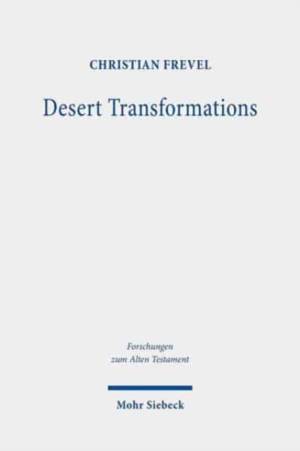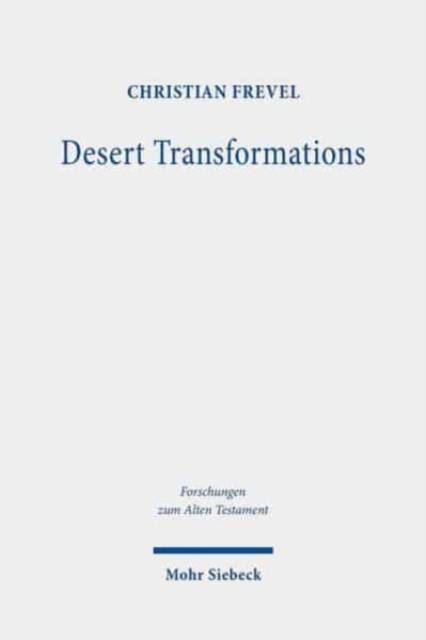
- Afhalen na 1 uur in een winkel met voorraad
- Gratis thuislevering in België vanaf € 30
- Ruim aanbod met 7 miljoen producten
- Afhalen na 1 uur in een winkel met voorraad
- Gratis thuislevering in België vanaf € 30
- Ruim aanbod met 7 miljoen producten
Zoeken
Omschrijving
Classical Pentateuch research mainly dealt with the books of Genesis, Exodus and Deuteronomy and it is only in recent decades that the literary and theological meanings of Moses' fourth book has been rediscovered. In this volume, Christian Frevel lets the interplay between narrative and legislative material - which is often not understood - emerge into new light, examining the texts of the Book of Numbers as inner-biblical interpretations and tradition-bound innovations. Cloaked in the Israelites' 40-year long sojourn in the desert, the Book of Numbers presents a tightly-woven fabric of texts which reflect the social and cultic orders, discuss questions of leadership and explore the meaning of the Promised Land to Israel's existence. The Book of Numbers is characterized in its entirety by transformations: for example, the exodus generation becomes the desert generation and leadership is transferred from Moses to Joshua, from Aaron to Eleazar. Important innovations such as the hierarchical organization of the cult, including the role of the Levites or the hereditary law concerning daughters, are cultivated within these transformations. The people's time in the desert (re)form their social frameworks and renders them sustainable for the existence in the Promised Land. Important themes such as community and cult organization, the enduring election of the Israelites, the meaning of the Promised Land for the collective identity, questions of hierarchical leadership and democratic participation, of collective guilt and individual liability, along with many other aspects, are dealt with in the texts. Without the literary traditions of the Book of Numbers, which were mostly set down around the 5th-4th centuries BCE, the formation of the Pentateuch as Torah would not have been conceivable. The studies of this volume reveal the thematic diversity of the book against a backdrop of its literary creation within the Penta- and Hexateuch.
Specificaties
Betrokkenen
- Auteur(s):
- Uitgeverij:
Inhoud
- Aantal bladzijden:
- 595
- Taal:
- Engels
- Reeks:
Eigenschappen
- Productcode (EAN):
- 9783161539671
- Verschijningsdatum:
- 1/02/2020
- Uitvoering:
- Hardcover
- Formaat:
- Genaaid
- Afmetingen:
- 157 mm x 231 mm
- Gewicht:
- 975 g

Alleen bij Standaard Boekhandel
+ 323 punten op je klantenkaart van Standaard Boekhandel
Beoordelingen
We publiceren alleen reviews die voldoen aan de voorwaarden voor reviews. Bekijk onze voorwaarden voor reviews.







